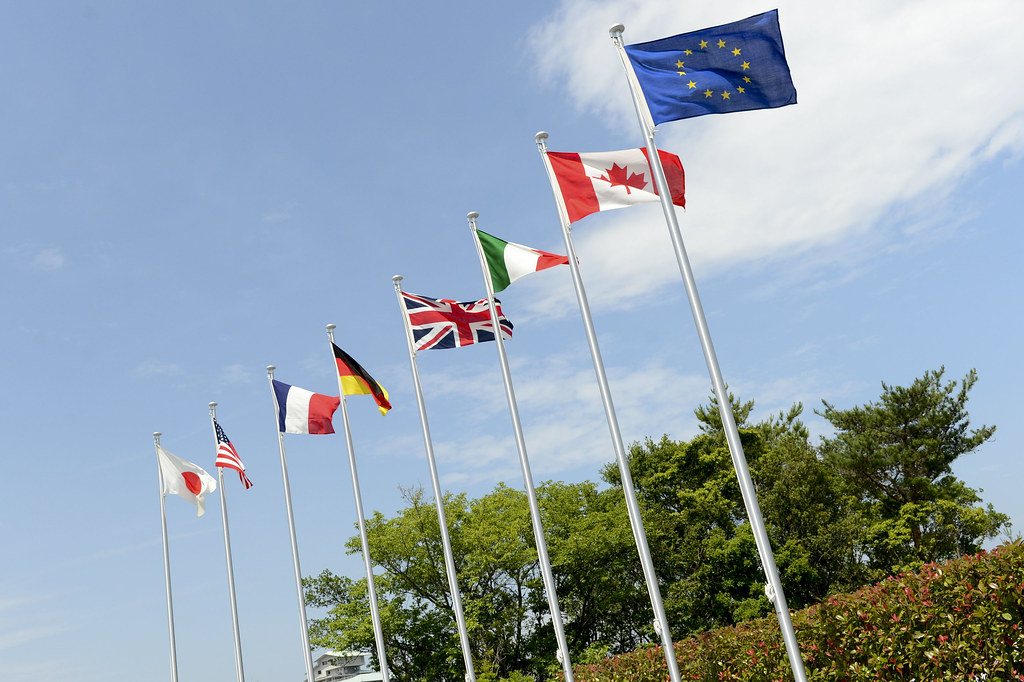Over the past month or so, Prime Minister Kishida has hosted German Chancellor Olaf Scholtz, European Commission President Ursula von der Leyen and U.S. President Joe Biden. Each meeting’s headline has been the war in Ukraine, yet energy also formed a major part of the conversations. Indeed, the two issues are now finely intertwined.
As G7 nations prepare for a meeting in the Bavarian Alps in late June, criticism of Japan for failing to announce a clear exit from coal has again picked up. And yet, after explaining Japan’s energy strategy in face-to-face meetings with his peers, Kishida can feel confident ahead of his trip to Germany.
Rather than playing defense, Kishida will likely seek to inject more pragmatism in the energy discussion, stressing the need for decarbonization pathways that win broader global support, especially in developing economies. With inflation at a 40-year high, rising food prices, and public mood in the U.S. turning more sanguine on the economy, the Japanese PM may find more sympathetic ears than ever.
Last week’s G7 energy and environment ministers gathering in Berlin, interpreted by some climate campaigners as a watershed moment for Japan, could be viewed through the same lens of pragmatism. The resultant communiqué is more aligned with Japanese policy than many imagine.

